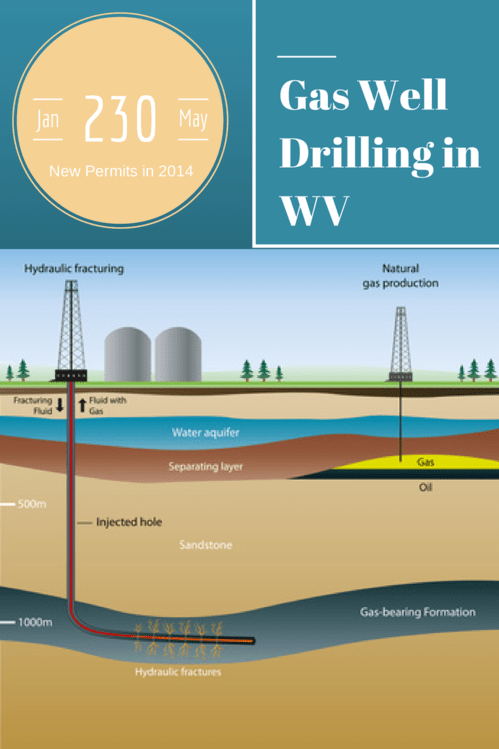
In the past five months, natural gas developers applied for 272 well permits and 230 of those have been approved, according to Department of Environmental Protection Office of Oil and Gas public notices. The majority of the boom is confined to 13 north-central counties, with the vast bulk of activity based in just five of those, according to a review of 2014 West Virginia gas well permitting. Doddridge County is leading the way with 76% of the new permits.
Not only is the potential great for the creation of thousands of new jobs and abundant homegrown energy, great potential exists for export as well. Liquefied natural gas (LNG) can be shipped overseas creating a global market for distribution and sale, as well as the potential for West Virginia to leverage its natural resources to produce high value products resulting in reversal of energy dependence, an increase in national security, with potentially billions of dollars added to the West Virginia economy. Our priority, as is the priority of most West Virginians, issafety first.
Right now, the state has more than 50,000 gas wells, with just shy of 1,000 in the Marcellus shale. Demand for permits in the drygas areas (methane only) is decreasing slightly, while demand for permits inwet gas areas is increasing rapidly.Dry gas is almost entirely methane, used for heat and power generation. Wet gas contains additional hydrocarbons, ethane, propane, butane, even oil. Those extra compounds generate more revenue, said Jim McKinney, presidentof the Independent Oil and Gas Association of West Virginia (IOGA).
Marshall, Tyler, Richie, western Wetzel and part of western Doddridge all fall in the wet gas area. Seventy-six percent of the new permits this year have been in Doddridge County.
As the natural gas and oil industry increase exponentially in WV, our priority is safety first. Safety of the gas industry workforce and the local communities and water sources will be key to growing this industry to its fullest potential.
As the groundwork is laid, West Virginia planners would do well to look to Pennsylvania, New York, and North Dakota to learn from past mistakes, thus launchingfrom the shoulders of those stateswhich are a few years ahead in their development of these abundant natural resources.
Source: The Dominion Post, “272 Well Permits Sought,” by David Beard, June 8, 2014.
Related Articles:
Which US State is the Most Dangerous for Workers?
Oil Extraction in WV: Benefits and Risks of Hydraulic Fracturing (Fracking)
NIOSH Investigating Deaths Associated with Fracking Flowback Operations
Jeffery Robinette was admitted to practice law in 1991 and is licensed in all levels of state and federal trial courts in West Virginia. Mr. Robinette is also licensed in all state and federal appeals courts in West Virginia and the United States Supreme Court. As a National Board Certified Trial Attorney who has handled hundreds of motor vehicle, injury, and construction defect claims and a leading author on insurance claims settlement issues and difficulties in West Virginia, Jeff Robinette is uniquely qualified to represent your best interest.




